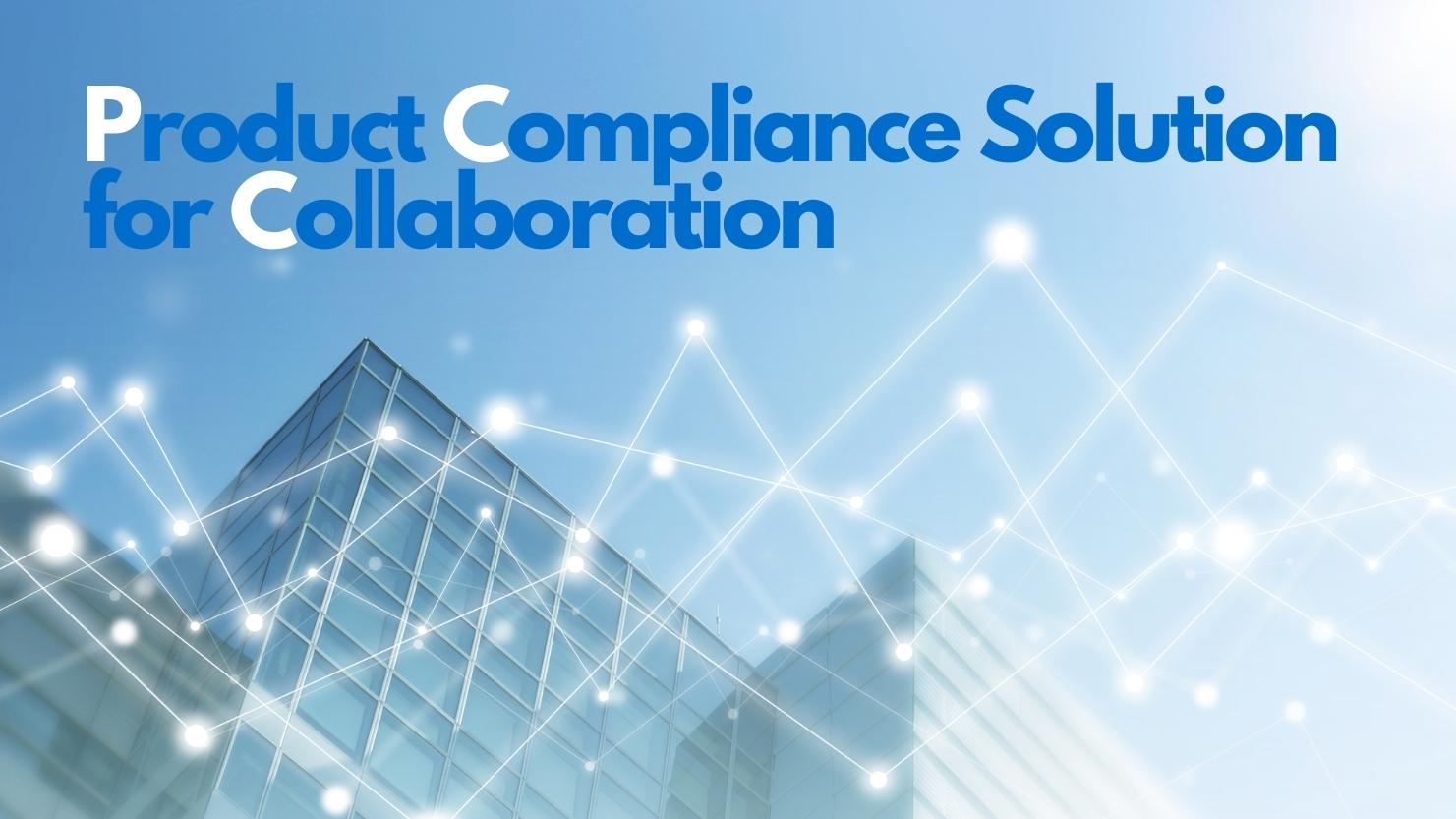Data Sharing in the Process Industry: Rules and Principles

There are a number of new REACH-like regulations worldwide, such as Türkiye KKDIK and Korean K-REACH. This number will most likely continue to grow. What does this mean for chemical companies?
This increase in REACH-like regulations demands not only more data, but also places a demand on sharing data among companies. For this reason, chemical companies must improve the way they manage and maintain data across regulations. A key part to efficient data management is to understand the underlying concepts of data sharing.
Key Principles of Data Sharing
Each regulation implements a specific framework for data sharing practices. Despite the diverse regulatory landscape, there is a common understanding of what data sharing entails:
- Data sharing should be fair, transparent, and non-discriminatory.
- Not for profit orientation: data sharing is not designed to generate profit for data owners but to share the actual costs incurred.
- Data sharing agreements: these documents are mandatory and must be clear and comprehensible. Additionally, involved parties must make every effort to reach an agreement in negotiations.
- Transparent Cost Distribution: Costs related to information requirements are to be openly shared among registrants with clear itemization of data and cost-sharing models.
- Commitment to Data Contribution: Registrants are expected to share relevant data for joint submissions, ensuring accessible information necessary for registration.
- Diligent Documentation: Accurate record-keeping of data sharing communications is recommended to facilitate transparency and accountability.
Data Sharing and Joint Submission: “one substance, one registration”
To comply with REACH and REACH-like regulations, companies must submit a comprehensive registration dossier containing detailed information on the registered substance.
Registration is based on the principle "one substance, one registration". This means that manufacturers and importers of the same substance have to jointly submit their registration. In every registration process, there are two distinct obligations when multiple companies are involved in registering the same substance:
- The sharing of data avoids unnecessary animal testing and allows to evenly distribute costs between co-registrants.
- The joint submission of information where companies have to organize themselves in order to jointly submit information on the substance.
The purpose of substance registration groups, also known as joint submissions, is to streamline the sharing of information among manufacturers, importers, data holders, and other stakeholders regarding the same substance. This collaborative effort aims to prevent redundant testing, thereby reducing duplication of studies and associated costs.
Financial Dynamics of Data Sharing: Navigating Cost Sharing
Cost sharing is a requirement of data sharing agreements. The objective is to share the actual expenses and costs related to the registration of a substance. A transparent, fair, and non-discriminatory approach to cost sharing is crucial, ensuring a comprehensive breakdown of all related expenses.
In addition, there is the “12-year rule” which is applied in EU REACH, Türkiye KKDIK, and UK REACH. This rule specifies that after 12 years, the study that is submitted as part of a registration dossier becomes free of charge. However, the rule does not apply across jurisdictions. This means that a registrant under the Türkiye KKDIK cannot benefit from a 12-year-old EU REACH study without payment. For K-REACH there is the “15-year rule” where the same concept is applied.
Conclusions
The data-sharing concept, although simple in theory, can quickly become complicated, and companies having to do substance registrations should not underestimate it. The challenge is made even greater by the complexity of sharing data across jurisdictions.
Data sharing platforms such as the https://loa-market.com/ serves to facilitate the process. Data owners can upload their data on such a platform, making it more accessible for other companies which require access to that data. Stay tuned for more details in our next articles!
If you want to get more information about opesus LoA Market and how it can benefit your company, please contact us. Our experienced team is here to assist you.


